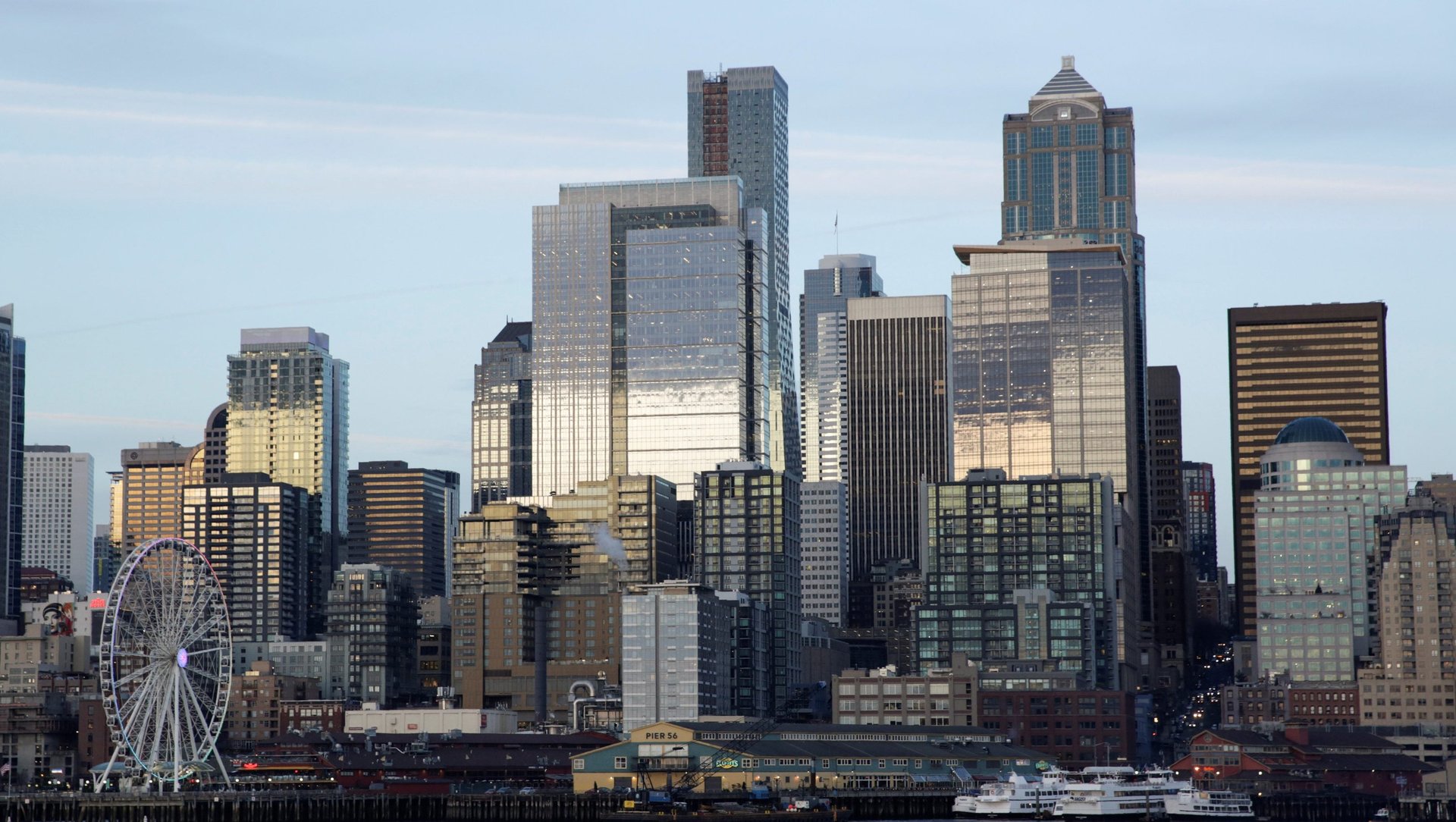Silicon Valley’s iron grip on venture capital is slipping
Tech watchers have been itching to write Silicon Valley’s epitaph for years (indeed, many already have). While America’s preeminent tech hub is not dead yet, the data shows it is beginning to give up ground to smaller startup hubs across the country.


Tech watchers have been itching to write Silicon Valley’s epitaph for years (indeed, many already have). While America’s preeminent tech hub is not dead yet, the data shows it is beginning to give up ground to smaller startup hubs across the country.
The Bay Area has for decades claimed the lion’s share of venture capital deals in the US. That hasn’t changed. But lately, its share of deals has been gradually declining. This year, predict analysts at the private equity research firm PitchBook, it will drop below 20% for the first time in their dataset, which stretches back to 2006.
The immediate culprit is the pandemic, says PitchBook analyst Kyle Stanford. Lockdown orders have allowed investors and tech workers to flee the Bay Area’s pricey homes in favor of other cities where they can work remotely at a lower rent. The shift is demonstrating that startups and venture capitalists can cut deals even when they don’t meet face-to-face, removing one of the rationales for piling into Silicon Valley’s overpriced real estate in the first place.
Tech executives seem to be taking this lesson to heart. In a recent poll by venture capital firm Initialized, 42% of startup founders said it would be better in the long run to have an all-remote company than to be headquartered anywhere, including the Bay Area. Last year, just 6% of founders said so.
The recent trend is accelerating the diaspora of startups and venture capital across the country. No single city is stealing funding rounds from Silicon Valley despite the buzzy hype around new startup spots like Miami and Austin. “It’s more of a broad shift in dealmaking across many different areas,” Stanford wrote in an email to Quartz. “While the top 10 [tech hubs] have largely kept their normal proportion of deals, [those] outside the top 10 have gained over the past few years.”
LinkedIn data suggests smaller cities have been the biggest beneficiaries of this redistribution of the US tech scene during the pandemic. The professional networking site collected location data from the profiles of American tech workers to find out which cities got the biggest windfall of workers in 2020. The winners were midsize cities like Madison, Wisconsin; Cleveland, Ohio; and Sacramento, California.
Now, the shift to smaller tech hubs that’s been going on for years is set to move even faster, according to Stanford. “The pandemic has thrust the VC ecosystem into new territory where Zoom meetings and alternative deal sourcing methods reign supreme,” he wrote in an analyst note. “This shift has, at least somewhat, leveled the playing field for investor attention…Over Zoom, it doesn’t matter if the company is in the same building, city, state, or country.”